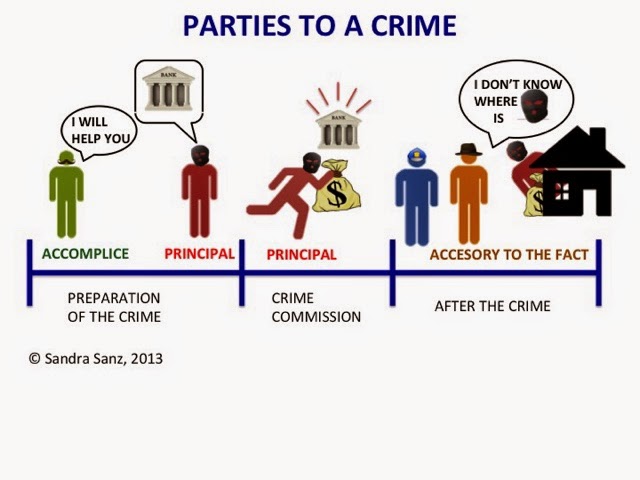May the Court Appoint a Non-Lawyer to Defend the Accused?
It is of common knowledge that once a case is filed in court, especially criminal case, against a person, he must be represented with a counsel or a lawyer. To be represented with a counsel is one of the fundamental rights of the accused.
There are two types of counsels representing an accused in court. These are counsel de parte and counsel de oficio.
Counsel de parte is the counsel of choice of the accused engaged by him to represent him in court. It is in line with his constitutional right to have a competent and independent counsel preferably of his own choice. Most often than not, this counsel de parte is a private practitioner and his legal services are not for gratis.
However, if the accused cannot afford the services of a counsel, he must be provided with one. This counsel provided by court to defend the accused is known as counsel de oficio.
As provided in the Revised Rules of Court of the Philippines, it is a duty of the court to inform the accused of his right to counsel. Thus:
“Before arraignment, the court shall inform the accused of his right to counsel and ask him if he desires to have one. Unless the accused is allowed to defend himself in person or has employed counsel of his choice, the court must assign a counsel de oficio to defend him.” (Section 6, Rule 116, Revised Rules of Criminal Procedures of the Philippines)
Who is this counsel de oficio? May a non-lawyer be appointed as counsel de oficio?
As provided in the Revised Rules of Court of the Philippines, a counsel de oficio are members of the bar (lawyer) in good standing who, by reason of their experience and ability, can competently defend the accused.
By this definition alone, only lawyers who are of good standing that can competently defend the accused may be appointed as counsel de oficio.
However, the same Rules of Court continues that in localities where such members of the bar are not available, the court may appoint ANY PERSON, resident of the province and of good probity and ability, to defend the accused.
Hence, in the absence of a lawyer who is of good standing to defend the accused, the court may appoint any person to defend the accused. This any person shall be a resident of the province and good probity and ability to defend the accused.
This image of a lady Justice is taken from www.pao.gov.ph via Google.



Comments
Post a Comment